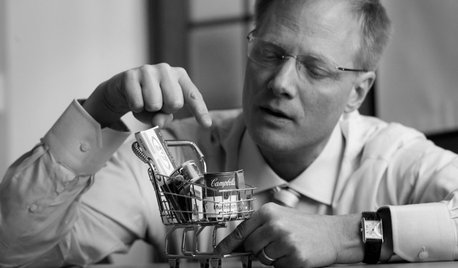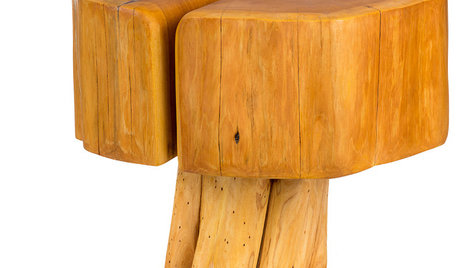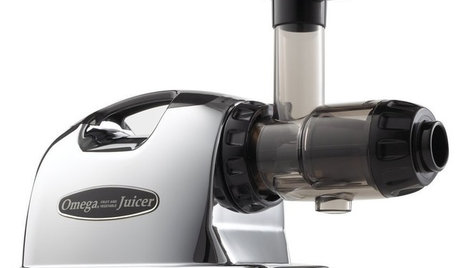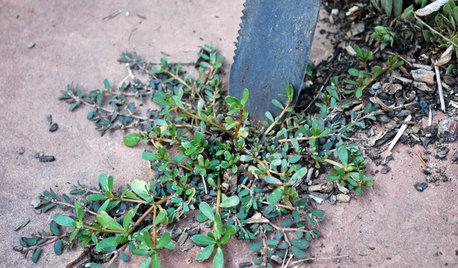Seaweed- lots of minerals, vitamins etc?
poaky1
10 years ago
Related Stories

GARDENING GUIDESGet on a Composting Kick (Hello, Free Fertilizer!)
Quit shelling out for pricey substitutes that aren’t even as good. Here’s how to give your soil the best while lightening your trash load
Full Story
GARDENING GUIDESHow to Stop Worrying and Start Loving Clay Soil
Clay has many more benefits than you might imagine
Full Story
KITCHEN COUNTERTOPSKitchen Countertop Materials: 5 More Great Alternatives to Granite
Get a delightfully different look for your kitchen counters with lesser-known materials for a wide range of budgets
Full Story
MOST POPULAR7 Ways to Design Your Kitchen to Help You Lose Weight
In his new book, Slim by Design, eating-behavior expert Brian Wansink shows us how to get our kitchens working better
Full Story
KITCHEN DESIGNKitchen of the Week: A Budget Makeover in Massachusetts
For less than $3,000 (not including appliances), a designing couple gets a new kitchen that honors the past
Full Story
KITCHEN APPLIANCES9 Places to Put the Microwave in Your Kitchen
See the pros and cons of locating your microwave above, below and beyond the counter
Full Story
KITCHEN DESIGNSpring Clean Your Kitchen
Scour our 15 ways to ditch the dirt and get rid of the gunk, leaving your kitchen spick and span in time for spring
Full Story
PRODUCT PICKSGuest Picks: Beautiful Things You Can Feel Good About Buying
Upcycled, ecofriendly or just made responsibly, these home accessories and furniture pieces will keep your conscience clear
Full Story
PRODUCT PICKSGuest Picks: Get Juicing
Stay hydrated and healthy with these tools and accessories for juicing fruits and vegetables right at home
Full Story
GARDENING GUIDES5 Ways to Naturally Win the Weed War
Show irksome weeds no mercy with these tricks for combating them sans chemicals
Full StorySponsored
Columbus Area's Luxury Design Build Firm | 17x Best of Houzz Winner!
More Discussions






Kimmsr
pnbrown
Related Professionals
Tempe Landscape Architects & Landscape Designers · Elwood Landscape Architects & Landscape Designers · Hyattsville Landscape Architects & Landscape Designers · Saint Matthews Landscape Architects & Landscape Designers · Boca Raton Landscape Contractors · Canton Landscape Contractors · Clark Landscape Contractors · Fort Worth Landscape Contractors · Inglewood Landscape Contractors · Live Oak Landscape Contractors · North Haven Landscape Contractors · Cary Decks, Patios & Outdoor Enclosures · Clemmons Decks, Patios & Outdoor Enclosures · Fort Worth Decks, Patios & Outdoor Enclosures · Montgomery County Decks, Patios & Outdoor Enclosurestoxcrusadr
Natures_Nature
greenman62
toxcrusadr
elisa_z5
Kimmsr
Natures_Nature
poaky1Original Author
Kimmsr
glib
greenman62
toxcrusadr
Kimmsr
poaky1Original Author
greenman62
gekkodojo
CrosStitching
Natures_Nature
gekkodojo
Natures_Nature
glib
Kimmsr
poaky1Original Author
toxcrusadr
Miguelovic
toxcrusadr
Miguelovic